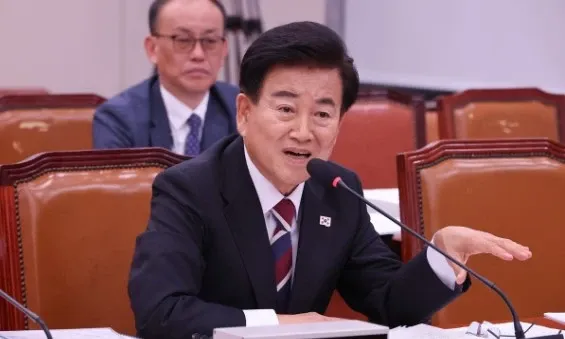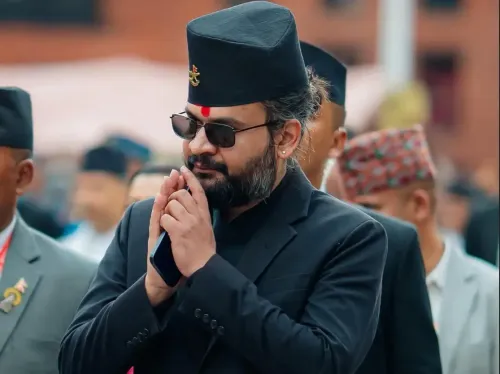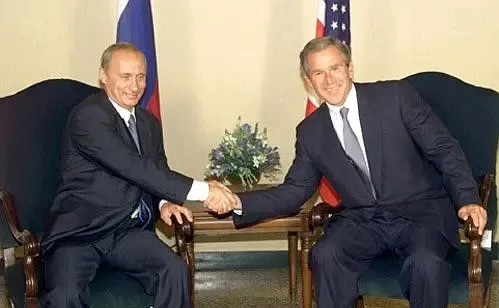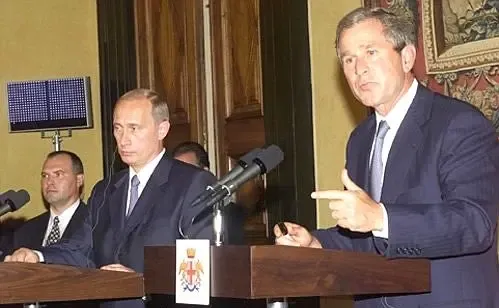Is North Korea Really a Threat Rather than an Enemy?

Synopsis
Key Takeaways
- Chung Dong-young redefines North Korea as a threat.
- Potential renaming of the Ministry of Unification is being discussed.
- The shift reflects a pragmatic approach to inter-Korean relations.
- Historical context shows changing perceptions of North Korea.
- South Korea's Constitution emphasizes peaceful unification.
Seoul, July 14 (NationPress) Unification Minister nominee Chung Dong-young stated on Monday that he disagrees with the notion of North Korea being South Korea's "primary enemy," instead labeling the North as a "threat." This assertion was made during a parliamentary confirmation hearing, where the previous conservative Yoon Suk Yeol administration had classified the North Korean regime and military as the South’s "enemy" in the 2022 defense white paper.
Upon being questioned by an opposition lawmaker about whether he shares the view that North Korea is South Korea's principal adversary, Chung responded, "I don't agree. (The North) is a threat."
For the first time in 1995, South Korea identified North Korea as its main enemy. However, in the 2004 edition, this characterization was altered to a "direct military threat" due to a more conciliatory atmosphere between the two Koreas.
The former Yoon administration referred to North Korea as an "enemy" for the first time in six years in the 2022 defense white paper, following the liberal Moon Jae-in administration's decision to omit the label in the 2018 and 2020 reports.
In late 2023, North Korean leader Kim Jong-un characterized inter-Korean relations as being between "two states hostile to each other," affirming his stance against reconciliation and unification with South Korea. He further declared the South to be his country's "primary foe."
Regarding the now-suspended inter-Korean military tension reduction pact, Chung expressed optimism that the government would approve its reinstatement in a Cabinet meeting, as reported by Yonhap news agency.
Last June, the Yoon administration fully halted the 2018 military agreement established under the Moon administration in response to North Korea's repeated provocations, including trash balloon campaigns and attempts to disrupt GPS signals near border islands.
This military agreement was designed to cease all hostile acts against one another, establishing land and maritime buffer zones where artillery firing and drills are suspended.
Chung suggested that before restoring the agreement, South Korea could take "interim" measures by abstaining from military actions at sea and on land that are prohibited under the pact.
Additionally, Chung highlighted the necessity of contemplating a change in the name of the unification ministry, proposing the "Ministry of the Korean Peninsula" as a potential new title.
There has been recent controversy surrounding the potential renaming of the Ministry of Unification, which oversees inter-Korean affairs, considering the North's leader's declaration of not pursuing unification with the South.
"This is a matter that warrants significant discussion with the National Assembly," Chung remarked.
Some liberal experts argue that altering the ministry's name could alleviate North Korea's skepticism regarding South Korea's intentions of absorption-based unification and pave the way for renewed inter-Korean dialogue.
Conversely, conservatives and even some former liberal unification ministers oppose the rename, fearing it may be misinterpreted as South Korea's disinterest in unification. The South Korean Constitution mandates that a peaceful national unification be pursued.
On North Korea's characterization of "two hostile states," Chung believes it reflects the North's response to the previous South Korean government's hardline policies against Pyongyang.
Describing the unification of East and West Germany as a "pragmatic" approach, Chung noted that they sought unification through exchanges and cooperation while effectively recognizing each other as separate states.
"What the Lee Jae Myung government needs to pursue is pragmatism," he stated.
Chung referenced former liberal President Moon Jae-in's 2017 proposal to suspend a joint military exercise with the United States, which facilitated the resumption of inter-Korean dialogue during the 2018 PyeongChang Winter Olympics.
"This is an issue that needs to be addressed in National Security Council meetings," Chung concluded.
Chung, a former journalist turned lawmaker, was nominated last month as the inaugural unification minister under the Lee Jae Myung administration. He previously held the position from 2004 to 2005 under former liberal President Roh Moo-hyun.










